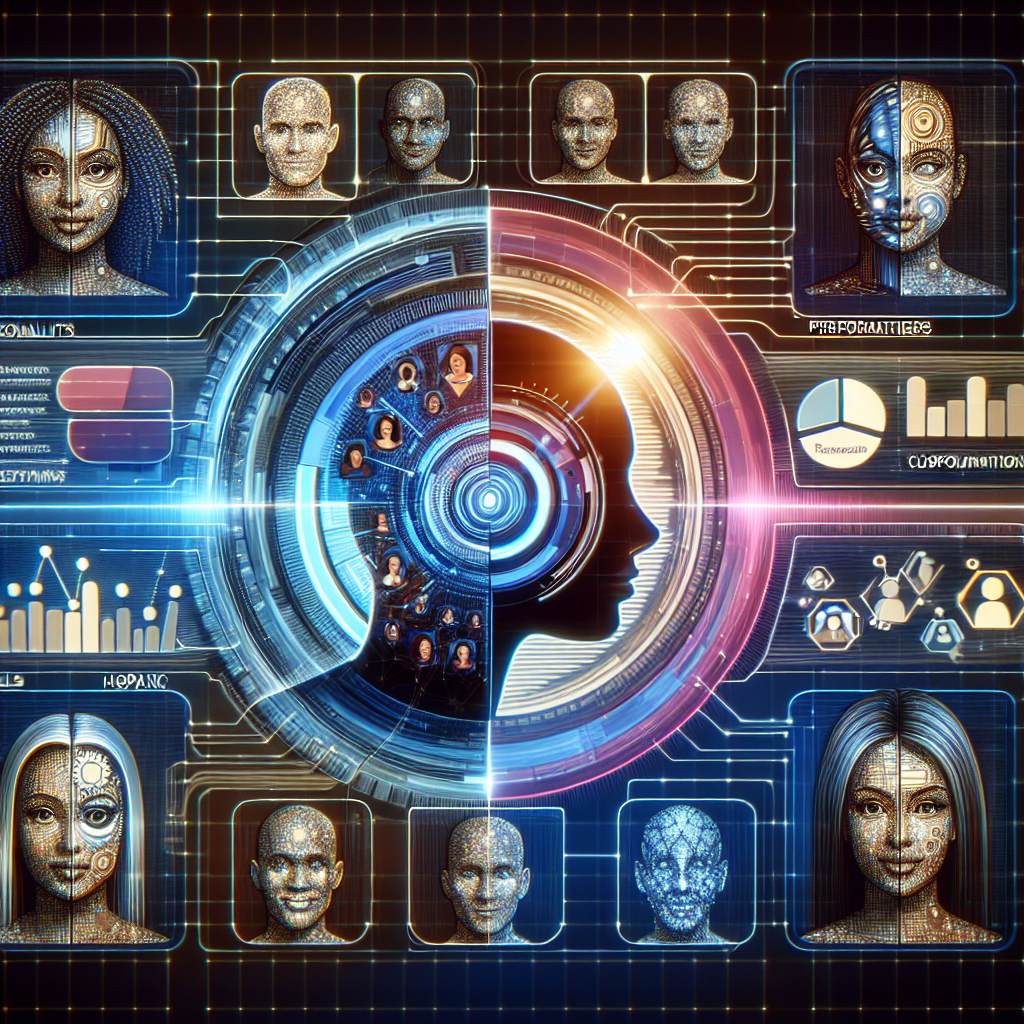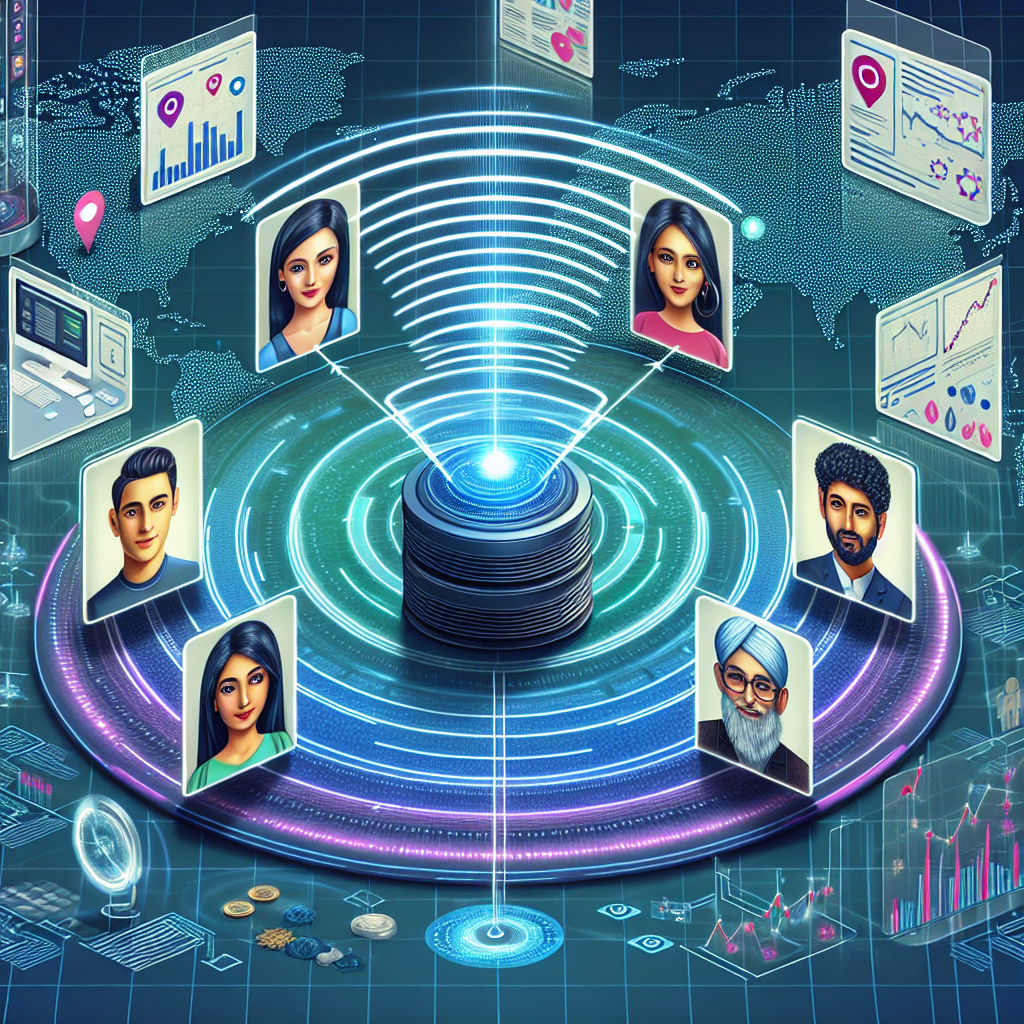
The rapid advancements in technology have not only brought changes to the workings of businesses, but have also impacted the customer service landscape. One area of transformation is the application of AI in optimizing agent-customer matching based on personality traits. This novel approach serves a crucial purpose, supplementing the technical competence of customer service agents with the nuanced understanding of human psychology.

The traditional method of assigning customer service agents to customers was typically based on availability. Such practice, with its emphasis on efficiency, largely overlooked the potential mismatches in personality types that could lead to less effective communication and overall dissatisfaction. However, with the emergence of AI, it is now possible to intelligently match customers with agents that are best suited to handle their queries and temperament. Early studies in this field have shown that personality-based matching can lead to increased customer satisfaction, improved resolution rates, and enhanced customer loyalty.
The concept at the heart of this trend is a function of psychometric assessments, a discipline that seeks to measure individuals' behavioral traits and cognitive abilities. This is coupled with the power of artificial intelligence to analyze and predict the best agent-customer pairings. AI systems are trained on thousands of personality datasets to recognize patterns and extrapolate the results to real-life scenarios.
While the idea of personality-based matching may seem futuristic, it is one that many organizations are turning to for their customer service needs. It's important to understand however that the application of AI in customer service isn't a panacea. It is rather a supportive tool designed to improve the potential of human-to-human interaction by creating a more individualized service experience. This powerful combination of AI and humanity is set to revolutionize how companies offer customer support and might just be the future of the industry.
Personalizing the customer experience has become a key differentiator, with businesses now endeavoring to match customers with agents that share similar personality traits. Conventional methods of doing this are labor-intensive and prone to inaccuracy. Enter Artificial Intelligence (AI) - it is now possible to automate this matching process with remarkable precision.
Researchers have developed AI algorithms that analyze a customer's interactional data derived from phone calls, messages, or emails to extract personality traits. This approach leverages Natural Language Processing (NLP), an AI subfield, to understand the context and meaning behind interactions. Machine Learning startups like Crystal are at the forefront of developing these algorithms that couple NLP with psycholinguistics (the study of how language psychology interacts) to deduce customers' personality types from their communication and language use.
These algorithms typically work on the principles of five-factor models, categorizing individuals into five broad dimensions, including openness, conscientiousness, extraversion, agreeableness, and neuroticism, known as the OCEAN model. This personality assessment from AI can directly influence optimal matching strategies, making a substantial difference in customer service delivery.
After inferring the customer's personality, AI systems then match customers to agents whose traits align. They do this by learning from historical interaction data. Such matching can significantly enhance customer service by effectively addressing customer concerns and expectations, leading to shorter resolution times and higher customer satisfaction rates.
As promising as these advances are, they also raise data privacy issues. Striking the right balance between individualized service provision and preserving customer privacy will be a key challenge moving forward.
Incorporating artificial intelligence (AI) into customer service operations brings about a revolution in agent-customer interactions. A particularly compelling application of AI is in optimizing agent-customer matching based on personality traits. This approach leverages AI's potential in understanding individual nuances and aligning customer service agents and customers in a way that boosts satisfaction and performance.

One remarkable advantage of AI-enhanced agent matching is the significant uplift in customer satisfaction. By analyzing customers' communication style, preferences, sentiments, and past interactions, AI is capable of categorizing customers based on their personality traits.
It then selects the best-suited service agent, taking into account the agent's skills and behaviour patterns. This ensures a more harmonious conversation flow and thus enhances the overall customer experience.
From the agent's perspective, AI matching reduces the time taken to comprehend the customer's issue, allowing them to provide a solution more rapidly. This empowers the agent, reduces frustration, and increases job satisfaction, thereby improving the overall efficiency of the customer service team.
Conclusively, employing AI in agent-customer matching based on personality traits can provide a bespoke, seamless experience for both parties. It ensures the customer interacts with an agent who not only understands their problem but also 'speaks their language'. This strategic and personalized form of customer service provides immense opportunity for companies to take their customer engagement to another level.
In the realm of customer service, AI programs have been demonstrating significant progress in enhancing the quality of agent-customer interactions. Companies have started exploiting AI's power to profile personalities and match customers with the right agent, thus, optimizing the interaction based on the personality traits of both agents and customers.
One of the key contributions of AI is its ability to extract insights about a person's personality traits from the available data. For instance, Mattersight's Predictive Behavioral Routing (PBR) technology leverages machine learning algorithms to analyze the past interactions and behavior of the customers, predict their personality type, and match them with the agent who has a similar personality type or has a successful track record of handling such individuals. This has significantly improved customer satisfaction and engagement, as shown in numerous case studies.
The successful adoption of Afiniti's AI technology in T-Mobile's call centers is another compelling example. Focusing on the 'chemistry' between agents and customers, Afiniti's AI system employs advanced algorithms to evaluate various factors, including the agent's expertise and the customer's personality traits derived from their historical data. This potent pairing strategy has resulted in a remarkable 7% increase in T-Mobile's customer satisfaction, clearly reaffirming the power of intelligent agent-customer matching.
In addition to these individual case studies, various research studies also indicate the promising impacts of AI on improving customer service. A study by Accenture showed that AI could increase the accuracy of agent-customer matching by 20%, thus reducing the time taken to handle customer queries and improving the overall efficiency of call centers.
These real-world applications and case studies underscore the potentials of AI in revolutionizing the customer service industry by optimizing agent-customer matching based on personality traits. As AI continues to evolve and more robust analytical tools become available, businesses can surely look forward to even better ways of understanding and serving their customers.
As businesses increasingly deploy Artificial Intelligence (AI) technologies for agent-customer matching based on personality traits, it's crucial to consider potential challenges and ethical issues inherent in this innovative model of customer service.Great framework of ethical considerations can offer guidance in this regard.

One significant concern is the bias. Simply put, AI can perpetuate existing biases in decision-making, a controversial issue best demonstrated in the famous case of AI-based hiring systems. Narrowing this down to AI systems assessing personality traits could result in agents being matched to customers in a manner that amplifies stereotypes or fails to provide equal service quality to all users.
Another issue is privacy and consent. If AI systems assess personality traits based on consumers' behavioural and personal data, there could be significant privacy implications. Even opting for explicit personality assessment tests may not be bulletproof due to varying degrees of transparency in the digital collection and use of such data.
The ethical issue of the 'black box' problem also persists. This refers to the opaque nature of AI systems where the exact process of data processing becomes too complex to understand, potentially leading to unjust or biased outcomes without clear avenues for scrutiny or accountability. Comprehensive resources provide further details on this issue.
Finally, AI personality-based matching raises questions about the authenticity of interactions. Will customers enjoy knowing that their service experience is manipulated through an algorithm's assessment of their personality, or might this erode the personal touch in customer service?
In conclusion, while AI's potential to optimize agent-customer matching based on personality traits is genuinely revolutionary, it’s also massively significant to navigate the potential ethical pitfalls intelligently. As long as the industry strives to maintain ethical standards and considers these challenges, the benefits outweigh the risks.
As advancements in AI and Machine Learning technologies continue, its application in optimizing agent-customer matching based on personality traits holds significant promise. The strides in this sphere are predicted to lead to more efficient, accurate, and dynamic matching, resulting in enhanced customer satisfaction and fostered agent productivity.
Key to this is the development of Natural Language Processing (NLP) and Sentiment Analysis. By harnessing these technologies, systems could decipher not just the expressed needs of customers, but also the implied meanings, emotional cues, and attitude subtleties embedded in their phrases. Going beyond mere factor-based matching, AI systems might evolve to map rapport-building agents with customers who value interpersonal connection, or detail-oriented ones with those who prioritize thorough elucidations.
Further, predictive technologies such as Deep Learning might enable the pre-emptive pairing of agents with customers based on predicted needs and preferences. These models could assess a customer's past interactions, feedback, and transaction history to anticipate their requirements, an aspect that's paramount in sectors like healthcare and finance, where predicting customer needs could result in better assistance and satisfaction.
Another exciting possibility is the integration of gamification strategies to elevate agent performance. AI-powered games could help firms identify their agents' strengths and weaknesses, fine-tuning the agent-customer matching process to become more sophisticated and effective.
Lastly, AI in agent-customer matching might unlock the potential for truly personalized customer experiences with personalized engagement strategies. This could involve matching customers with agents who share common hobbies, interests, or even languages, thus nurturing a deeper connection and trust.
In essence, the future of AI in agent-customer matching is set to witness numerous advancements, each aimed at enhancing the customer experience and maximizing agent efficiency. The manifold promises of AI technology remain to be fully tapped into, strongly indicating that the best is yet to come.
Start your free trial for My AI Front Desk today, it takes minutes to setup!








